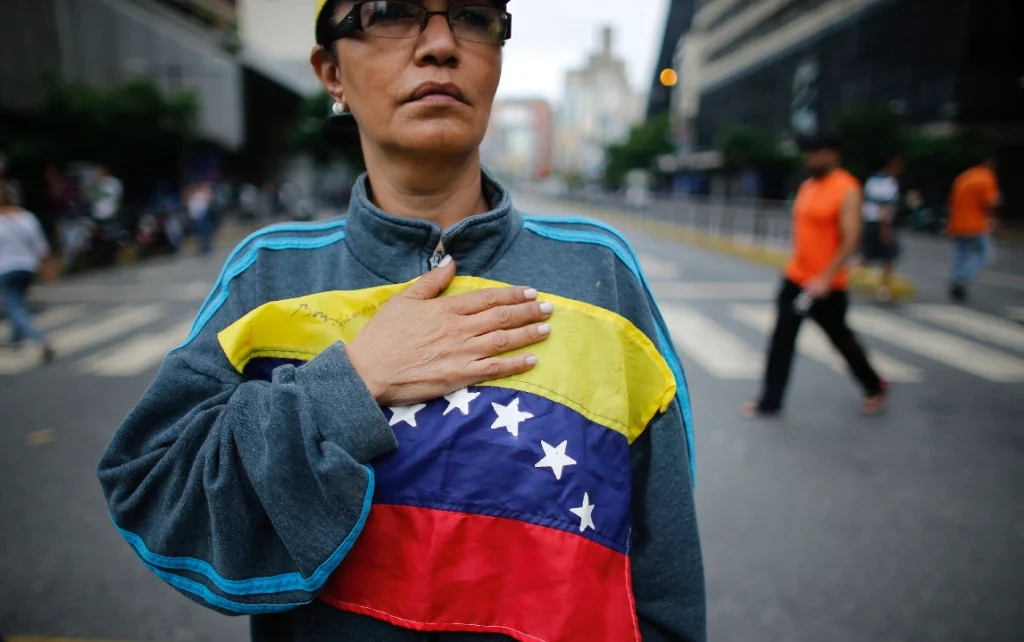
The window of opportunity presented to the opposition in this stretch of the Venezuelan political crisis may be tiny if it is not taken advantage of to adopt a unitary and effective medium-term strategy.
By Maria Isabel Puerta Riera (Latinoamérica21)
HAVANA TIMES – One of the most profound consequences left by the political strategy of maximum pressure of the Donald Trump administration toward the government of Nicolás Maduro was the weakening of the Venezuelan opposition. The damage done by the US outsourcing not only contributed to slowing down the mobilization of Venezuelans, but further weakened an opposition seriously afflicted by ideological divisions and strategic disagreements.
The displacement of the management of representation to the US government left the country in a sort of political orphanhood, turning even its domestic policy decisions into an existential issue for some sectors of Venezuelan society. At the domestic level, the issue was used by the previous administration to capture and retain the Latino vote, specifically in the Cuban and Venezuelan exile communities in Florida, where it came to represent a critical issue due to its electoral impact.
However, after the 2020 elections, the political debate on Venezuela took a different direction with the incoming administration of Joe Biden. Considering his critical stance on the strategy of the past administration, and given the electoral results in Florida, the argument of preserving the vote of Cubans and Venezuelans lost strength in his agenda. The adverse Democratic Party results freed up the Biden administration, allowing it to approach the Venezuelan case from a more pragmatic perspective.
The first indications of the change in the US strategy came from direct negotiations with the Venezuelan regime. The release of Maduro’s political nephews in October 2022 generated widespread condemnation in Venezuela. What did not get much attention was the rapprochement between the two sides, amid the stalemate of talks initiated in Barbados in 2019, and in Mexico between 2021 and 2022.
In the absence of progress in the talks between the parties, the Biden administration opted for a more direct route. The migration crisis forced them to take up the issue agai


